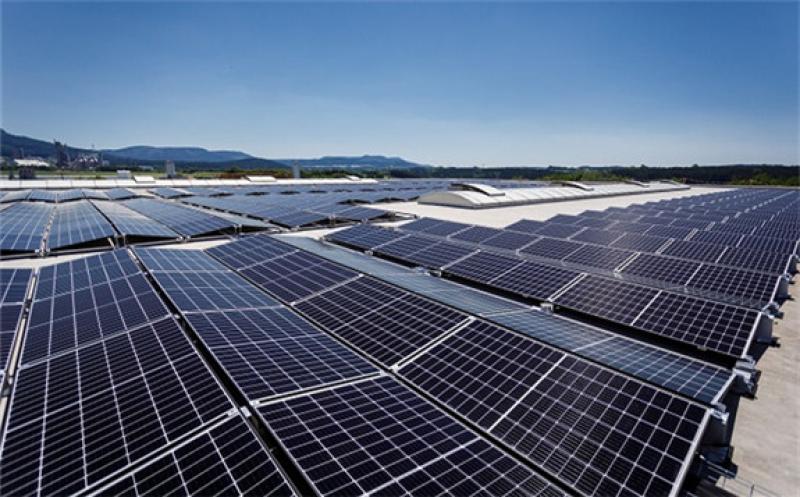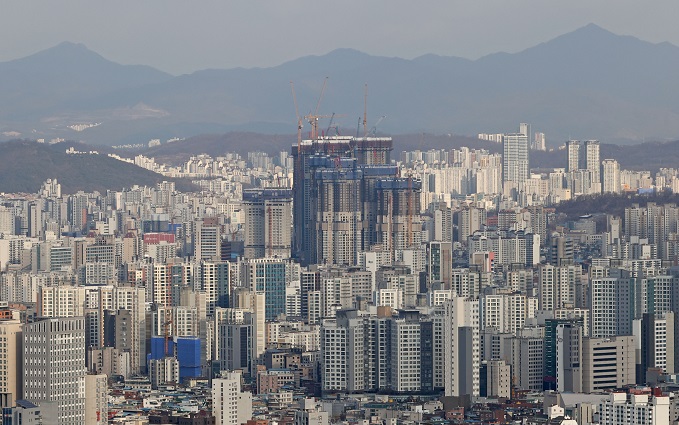South Korea plans to provide tax incentives for research and development (R&D) on green technology designed to help cut carbon emissions in an effort to nurture new industries, the finance ministry said Thursday.

Currently, the country has picked 235 technologies in 12 sectors, including next-generation vehicles and bio health, as “new growth and original technologies” and provided tax incentives on R&D expenditures on such spending.
For such technology, the country has applied the tax credit rate of 30-40 percent for smaller firms and 20-30 percent for large companies.
The government has decided to add carbon neutrality-related technology into such a category and expand the total number of technologies subject to the tax breaks to 260, according to a revised enforcement ordinance to the tax code.
In detail, the country plans to offer tax incentives for R&D spending on 48 carbon neutrality technologies, including carbon capture, utilization and storage (CCUS), hydrogen and renewable energy.
South Korea has an ambitious goal of reducing greenhouse gas emissions to 40 percent by 2030 compared with 2018 levels. The target marks a sharp rise from its previous goal of 26.3 percent.
The country is pushing for reducing reliance on coal and building up the low-carbon economic structure in a bid to achieve the goal of carbon neutrality by 2050.
The ministry added the government will also offer tax benefits for R&D spending on technology related to rare earth elements and urea solution, key materials that are vulnerable to supply chain strains.
South Korea designated 35 different kinds of resources as rare metals, including lithium and magnesium, differing from common metals, such as steel and cooper.
The country suffered an acute shortage of urea solution, a key fluid needed in diesel cars to cut emissions, late last year after China imposed export curbs on urea in October.

Meanwhile, the government plans to exclude inherited housing for two or three years from the list of properties subject to the comprehensive real estate tax in a bid to ease a sharp hike in the tax payment burden.
The tax is levied on owners who have multiple homes with their combined state-assessed price value exceeding 600 million won (US$500,834). For owners of one home, the taxation base was raised to 1.1 billion won from the previous 900 million won.
Public discontent about the government’s housing policy has increased as the number of people subject to the comprehensive real estate tax rose 42 percent last year on-year amid skyrocketing home prices and hikes in the tax rates.
The ministry also said it will hike a liquor tax on beer by 20.8 won per liter after taking into account a 2.5 percent on-year gain in consumer inflation for last year.
In 2020, South Korea revised the tax system on beer for the first time in half a century to address imbalances in taxes between imported and locally produced beer.
The tax on beer is levied on amount rather than ad valorem, a charge levied on prices of beer. The tax rates on beer and the traditional alcoholic beverage “makgeolli” are decided every year after reflecting the inflation rate.
The ministry said its tax revenue is expected to fall 250 billion won if the revised enforcement ordinance takes effect.
It will go into effect after the package is approved at a Cabinet meeting on Feb. 8, it added.